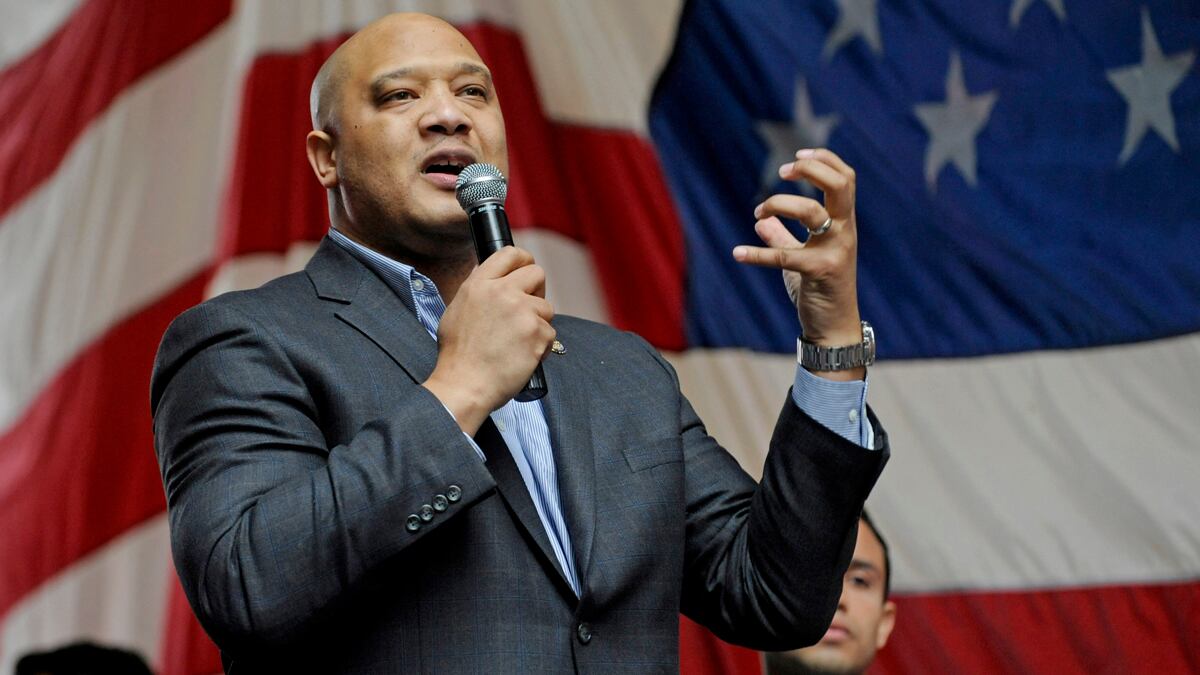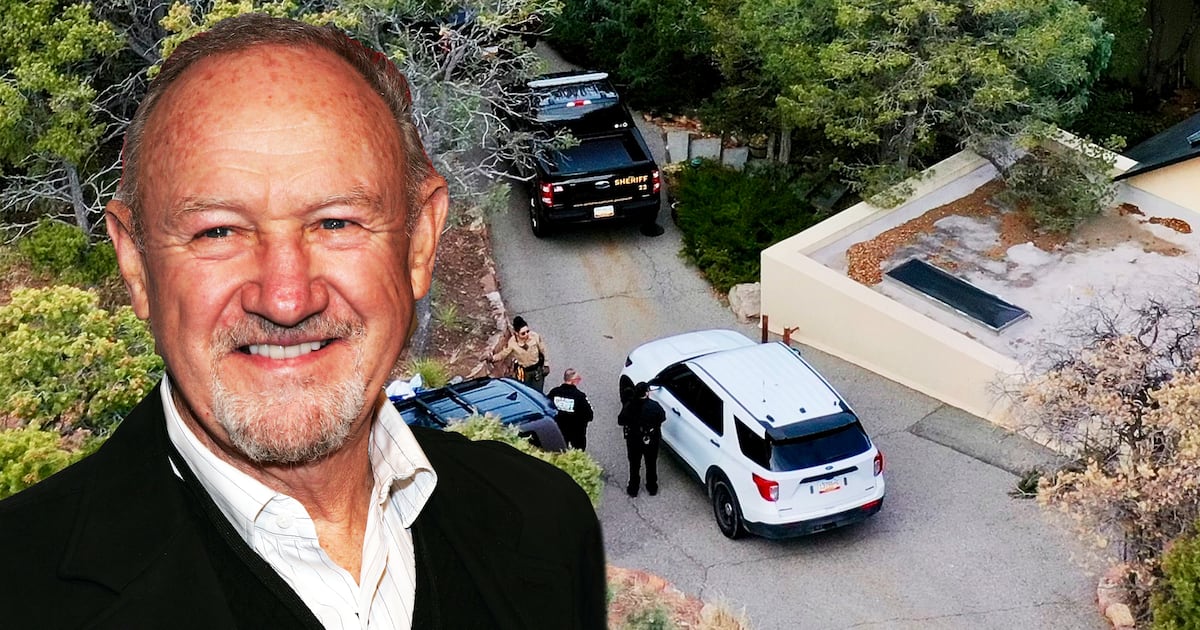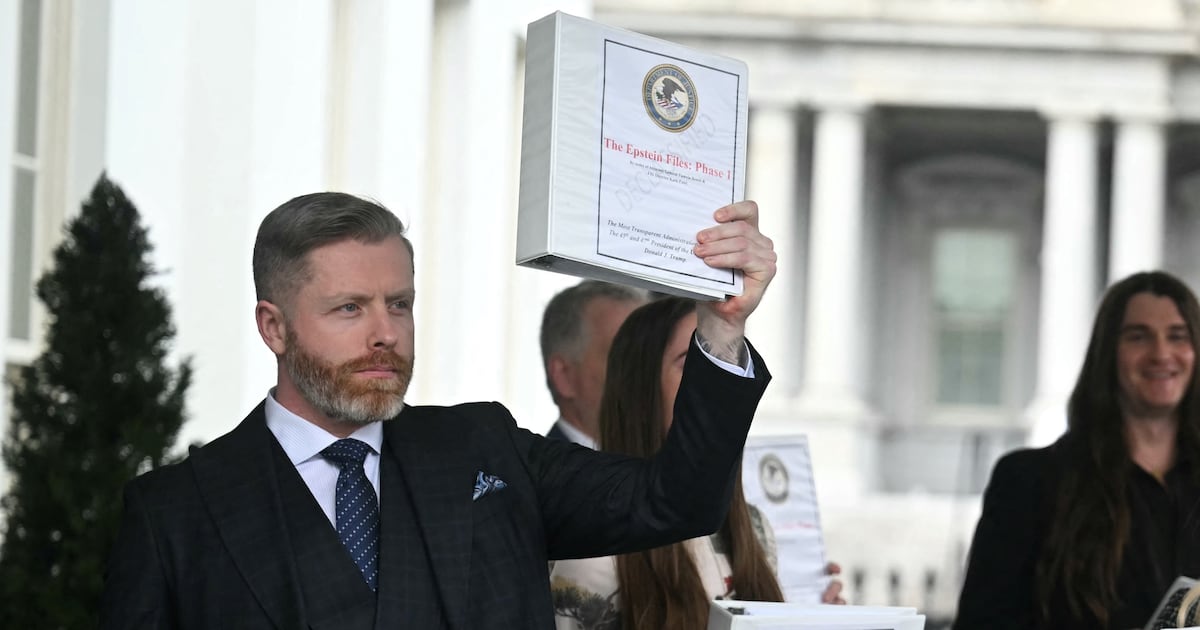Do proposed cuts in federal programs threaten to deny the downtrodden any chance for “a meaningful and productive life,” as one of the most prominent progressives in Congress claims?
The question is preposterous and the answer obvious: long before Washington created such programs, millions of underprivileged citizens found ways to climb out of poverty and build decent homes and brighter futures for their families.
But the office of Indiana Rep. André Carson issued a statement insisting that the “Tea Party agenda jeopardizes our most vulnerable and leaves them without the ability to improve their economic standing.” Jason Tomcsi, Carson’s spokesman, made these claims in an email to the press, attempting to explain previous remarks in which the congressman told an approving crowd at a Congressional Black Caucus event in Miami that “some of them in Congress right now of this Tea Party movement would love to see you and me hanging on a tree.”

This outrageous accusation led Allen West of Florida, one of two African-American Republicans in the House, to threaten to remove himself from the black caucus.
But while Carson’s office refused to apologize and stood behind the admittedly “strong language” in the accusations of murderous Tea Party racism, its defense actually compounded the problem—not just by insulting conservative activists but by smearing every American who receives federal assistance. To suggest that budget cuts would leave them “without the ability to improve their economic standing” suggests that recipients of government aid aren’t just “vulnerable” but helpless.
According to the official explanation, Carson’s “hanging on a tree” comment came “in response to frustration voiced by many in Miami and in his home district in Indianapolis regarding Congress’s inability to bolster the economy.”
Leaving aside the questionable notion that our political and economic system allows Congress to “bolster the economy,” Carson’s office entered even more dubious territory by declaring: “We are talking about child nutrition, job creation, job training, housing assistance, and Head Start, and this is just the beginning. A child without basic nutrition, secure housing, and quality education has no real chance at a meaningful and productive life.”
In other words, the many children who lack these advantages (despite lavish federal funding meant to provide them) might as well give up, not only abandoning efforts to compete with kids from more fortunate backgrounds but also renouncing all hopes for a life worth living.
Fortunately, Carson’s own grandmother—the late Rep. Julia Carson—never accepted that message. Born in Kentucky in 1938, long before the civil-rights revolution or the costly Great Society programs her grandson now defends, she worked her way up to a job as a secretary in a union office, then won a seat in the Indiana Legislature and eventually in the U.S. Congress.
My own grandfather Harry Medved had less success in the U.S. after his 1910 immigration from Ukraine. He worked as a barrel maker his entire life but somehow managed to raise a son (my father) who made his way through college and graduate school. My grandparents, whom I remember vividly, would have laughed at the notion that they depended on generous funding from governmental bureaucracies for the chance they seized to create a “meaningful and productive life.”
On most occasions when Democrats and Republicans fight over the value of federal antipoverty efforts, they argue about the effectiveness of these programs. Many conservatives believe these well-intentioned initiatives often do more damage than good because they foster a sense of dependence and discourage individual initiative, while most liberals insist that government plays a useful role in assisting the poor. But Carson’s statement suggesting that disadvantaged families are hopeless and helpless without Washington’s life-giving hand—that they can’t possibly move ahead on their own without federal intervention—conveys a dismissive view of the poor that might be considered racist and bigoted had it come from a white conservative.
Moreover, the wildly exaggerated view of government’s power to transform lives, and the sad contention that the impoverished can’t possibly change their circumstances with any other form of aid, combine to illustrate the profound truth in an observation by bestselling author and radio host Rabbi Daniel Lapin: “The Democratic Party is filled with ardent idealists who have decided to worship the little g—government—and feel uncomfortable with any worship of the big G—God.”
Though Carson often talks about being a Muslim, his recent comments leave no doubt about which “g” inspires his deepest faith.






